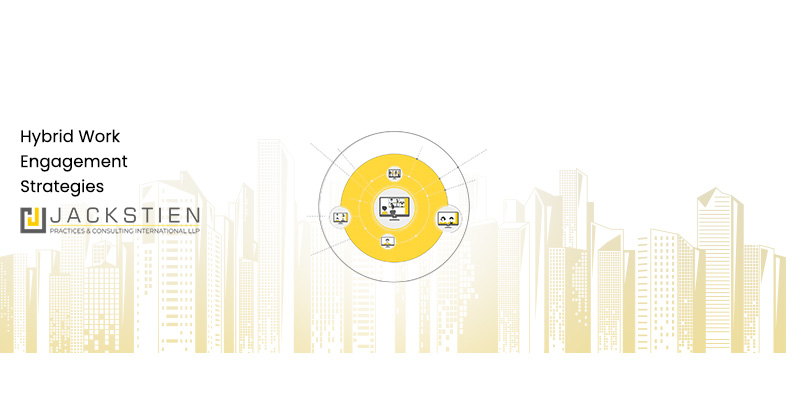Hybrid work truly “is all that“. By which we mean that it is the closest we are likely to get to agreeing on the ideal in most scenarios until technology catches up to make remote work a reality “that works for all rather than just for employees”.
However, as the benefits of Hybrid Work accrue, so do the risks.
One of the first steps taken by employers in an attempt to mitigate these risks is usually a seat-booking app. (Seat booking apps matter only if the intent if to optimize expenses on space. If silly things like budgets and expenses don’t matter, and one can afford to retain an office space that lies unutilized 2/3rd of the time, this article doesn’t apply. In fact, no such article on risk management applies when resources are so plentiful – for the rest, seat booking apps present themselves as the first and most obvious solution.)
Lets discuss a basic set of pros and cons of seat booking applications in hybrid work environment
Seat Booking Apps for Hybrid Work – The Pros:
1. Improved office space management: Seat booking applications (sometimes called Desk Booking applications) streamline the process of allocating workspaces, ensuring optimal utilization of available resources in a hybrid environment.
2. Enhanced flexibility and autonomy for employees: Employees can easily book their desired workspace according to their preferences, leading to increased satisfaction and motivation.
3. Reduced overhead costs: By optimizing office space usage, companies can potentially save on real estate costs and other expenses associated with an overcrowded office.
4. Increased collaboration and networking opportunities: Seat booking applications can encourage interaction between employees from different departments who may not have otherwise crossed paths in the office.
5. Better tracking of employee attendance and productivity: Seat or desk booking applications provide a digital record of employee presence and work habits, which can be useful for performance evaluations and managing remote workers.’
Seat Booking Apps for Hybrid Work – The Cons:
1. Technical difficulties and learning curve: There may be challenges in implementing and using the desk booking application, requiring time and resources to troubleshoot and train employees.
2. Privacy concerns: Some employees may feel that the tracking and monitoring features of seat booking applications are intrusive and infringe on their personal privacy.
3. Seat or desk booking apps are NOT driven the key consideration – the needs of the business and the preferences of those responsible for running it.
4. Potential loss of personal workspace: Employees may feel a lack of ownership or personalization in their workspaces if they constantly need to book a new spot.
5. Seat-booking apps require much effort, time and expense to set-up and to use on an ongoing basis but do not help in planning, managing, guidance or information.
Conclusion
In our view, the Cons outweigh the Pros of regular seat reservation apps by a country-mile.
The thing is, seat booking apps are great only for the movies.
You pay money, reserve seat, occupy seat, watch movie (and maybe get some over-priced pop-corn).
However for business and for life, seat-booking apps are useful only in theory because they give the illusion of doing something to solve the issue.
Like walking on the bridge across nowhere, sometimes it is just an illusion of forward movement. The illusion that you’re doing something about the risks so that you can continue to reap the benefits. Not so, we feel.
So What Is The Alternative?
Simply put, what we need is a software application that takes all the Pros and removes all the Cons (well duh!)
Agreed, its a tough one. That is probably why there is just one example of an application that has successfully managed to turn a hybrid work seat booking application into something really useful; check out work.IS – a true-blue hybrid work and workplace management system (pay attention to the words used – not just ‘Hybrid Workplace Management‘ but instead ‘Hybrid Work and Workplace Management‘.
Stay tuned as we continue to discuss risk management aspects of hybrid work in greater detail.


